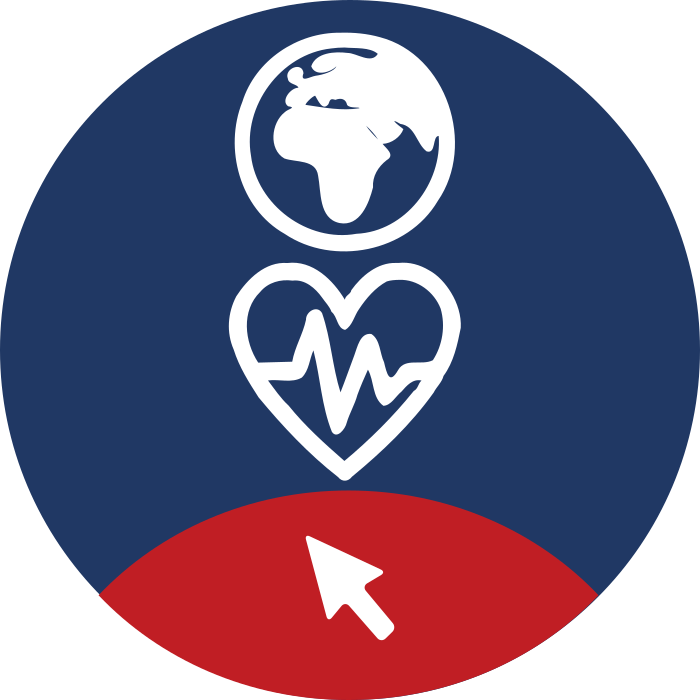Course 2 - Main health issues when landing in a new country (Course2-EN)
Units
- Type: Face to face session
- Duration: 4 hours (1 or 2 days)
- Content
- Opening (of day 1)
- Risk factors for health issues according to different migration stages
- Exploring the physical and mental health of migrants
- Prevention strategies
Materials | ||
| DPTA_2_EN.pdf | ||
| Handbook Module 2 EN.pdf | ||
| Module 2 EN.pdf | ||
| Module 2 EN.pptx | ||
| Online Training Module 2 | ||
DAY 1 | ||
Action 2.1 Opening The aim of the opening session is to have a small introduction on the session’s objectives and the activities
| ||
Action 2.2 Risk factors for health issues according to different migration stages Risks of health for migrants arise at every stage of migration, starting from the country of origin (especially if coming from unstable situations or conflicts). Various risks may come up also during the journey and at the destination or transit country, but also at the stage of relocation. For Action 2.1.2. the trainer will first ask participants to reflect on various health risks that may arise from migration, without defining the stages. While sharing, the trainer will write down all the thoughts of the participants or let the participants note them down. It is suggested using flipcharts to note down everything. An introductory video will then be shown and followed by a detailed explanation of health risks according to the stages. Helpful online resources will be explored which can support migrants in understanding the differences in health and treatments between the host country and the country or origin.
| ||
Action 2.3: Exploring the physical and mental health of migrants Migrant populations are at risk of specific physical and mental health issues. In this activity, participants will be introduced to the symptoms of health and mental health issues that are more prevalent in the migrant population. The trainer will then facilitate a group discussion, exploring the illness narrative of the participants, aiming to overcome cultural barriers that may influence health literacy. For this to be implemented specific questions will be asked, based on the questions of Kleinman (2007).
Questions will be included in the relevant ppt, which will be used as a training material for this specific activity. By the end of this session, participants will be split into groups and each group will discuss a specific case study or act in a role play, identifying through the symptoms the disease and suggesting specific actions. The trainer at this point should make clear that participants should always consult their doctor for the diagnosis and especially for the treatment.
Break 10 minutes | ||
Action 2.4 Prevention strategies Physical and mental health promotion strategies will be explained, such as vaccination, nutrition, preparing meals under a low budget, the importance of physical activity, screening for specific diseases, hygiene principles (e.g., for certain diseases in a pandemic), women’s health, special care in pregnancy, special requirements for baby care, building mental health resilience. The preventive strategies should come from the participants themselves. The trainer asks the participants and visualises the results to make the most important topics clear. The aim is not to cover as many topics as possible, but to filter out the ones that are most important to the participants.
| ||
Action 2.5 Closing - debriefing The trainer will summarize the main points of the training and will explain the homework for the trainees to be implemented online through the platform. The trainer will preview some of the content to be covered in DPTA_3.
COMPLETION OF THIS DPTA / MODULE | ||
